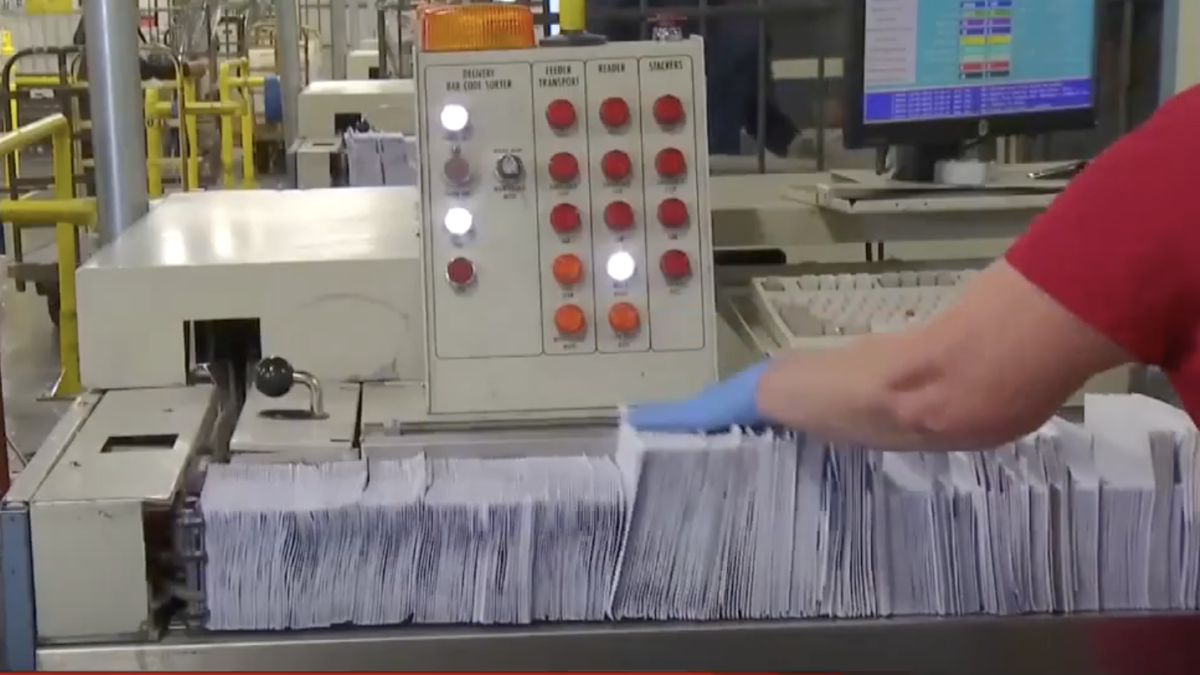CNN business analysts have been working overtime on social media to boast about the apparent benefits of minimum wage hikes implemented in Seattle a few years ago. The Twitter headline published several times Tuesday reads, “New evidence shows that Seattle’s fast-rising minimum wage has boosted incomes for low-wage workers, with little negative effect on overall employment.”
Minimum wage proponents might feel vindicated by the glaring, albeit blatantly misleading headline. CNN quotes a recent study from the University of Washington that states minimum wage increases raised earnings by an average of $10 per week for low-skilled workers and up to $19 per week for more experienced workers. Mind you, $10 a week adds up to $520 per year, which is less than half a month’s rent in Seattle. The upper limit of $19 per week will get folks about $1,000 per year, or one month’s rent. Woohoo.
Another interesting finding is that part-time workers saw almost no improvement in overall pay — $4 a month on average, although the result was not statistically significant. What CNN omits from its headline, but is found buried in the article, is that even the previous $10-$19 increases are mostly due to workers making up for subsequently lost hours by working second jobs outside Seattle’s city limits.
Imagine you’re a low-skilled worker who received a cut in hours due to minimum wage hikes, and now you must look for a second or even third job far beyond a reasonable commute. All that to make a meager $10 more a week? Not exactly what I’d call a “boosted income.”
Not only does the cited study show that a quarter of workers were forced to pick up second jobs in effort to offset hour cuts, but it also reports that employee turnover decreased by 8 percent, accompanied with a significant reduction in the overall rate of new entries into the workforce. The study’s authors suggest that Seattle’s minimum wage ordinance brought marginally higher pay to experienced workers at the expense of reduced opportunities for the inexperienced.
The decline in new employees suggests that Seattle’s gradual minimum wage increases have priced some less-experienced workers out of the labor market, according to the authors. “For folks trying to get a job with no prior experience, it might have been worth hiring and training them when the going rate for them was $10 an hour,” Vigdor speculated, but perhaps not at $13 or $15 an hour.
This is precisely what minimum wage opponents warned about. Younger and lower-skilled individuals, who make up the vast majority of minimum wage workers, will be disproportionately affected by wage hikes. Lower turnover, despite its positive connotation, translates to employers being reluctant to hire new employees, especially those who don’t meet a particular skill or educational threshold.
The study’s authors conclude that less-experienced workers were more likely to end up with lower income gains compared to experienced workers, or with no gains at all. Ironically, these workers are typically found in food-preparation and other serving-related occupations, where higher minimum wages were supposed to help the most.
A similar set of uncertainties arose when Amazon recently announced it was upping the minimum wage for its U.S. workers from $11 to $15 per hour, leaving several questioning the company’s underlying motives and whether employees will face cuts in other compensational structures. Some smaller employers in cities that increased minimum wages, such as New York City, were eventually compelled to offset labor costs by reducing employee benefits, adding customer fees, or potentially even outsourcing certain business functions to locations where wage laws are less steep.
Following this pattern, Amazon has said it will eliminate its hourly workers’ monthly bonuses and stock awards, but some remain more worried about the overall value of worker output that does not necessarily follow these types of sudden wage advances.
“If those workers were already performing at a level worth $15 an hour, then the new policy is a boon — the workers just get paid more for the work they were already doing,” said Scott Duke Kominers, an associate professor at Harvard Business School. “But suppose instead that those minimum-wage employees were really doing work worth less than $15 an hour — if they can’t increase their output to the $15 an hour level, then they may well be on the way out.”
Undeterred by these various ramifications, both CNN and many Democrats will likely continue spinning these abysmal results as a powerful sign that more towns should force higher minimum wage. It must be fascinating to live in a world where tax cuts are bread crumbs, but $10 a week is a cause for celebration.









